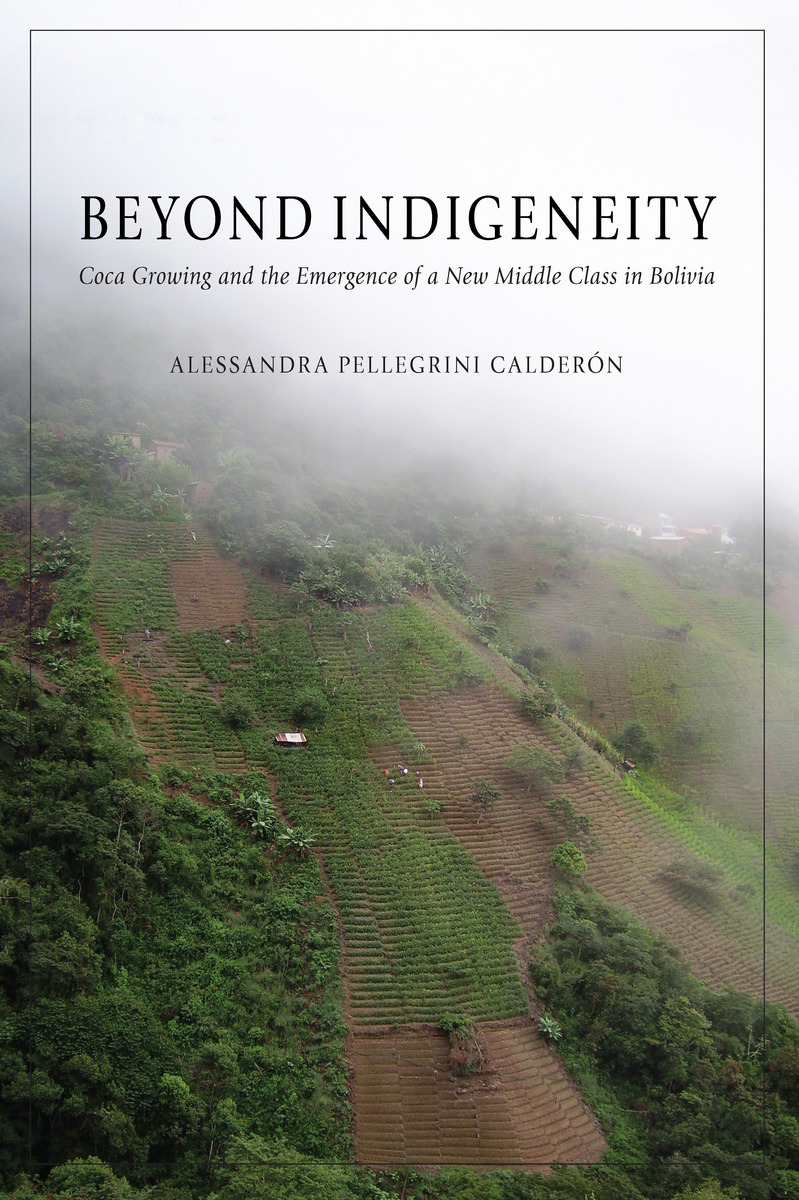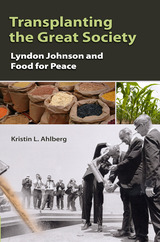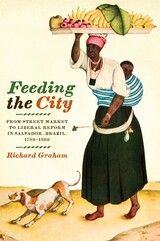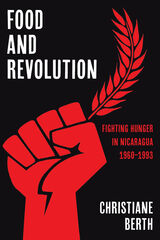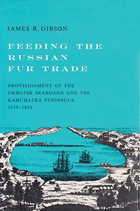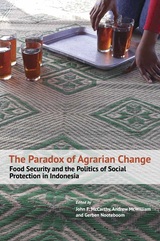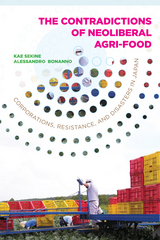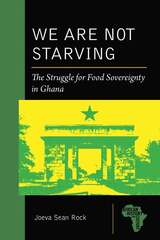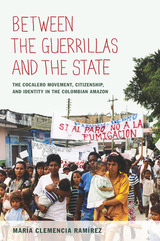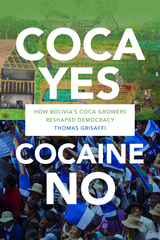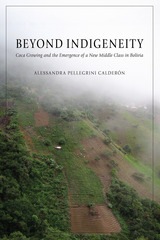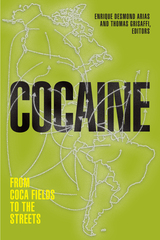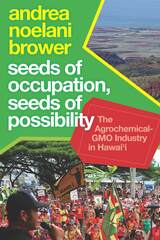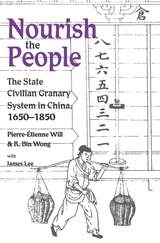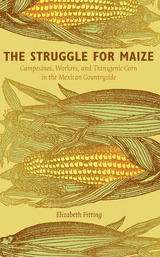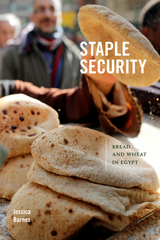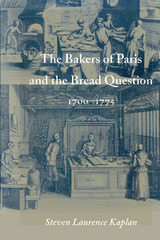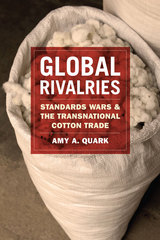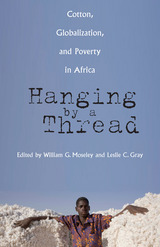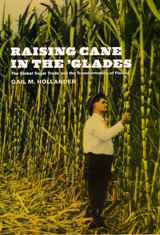Beyond Indigeneity: Coca Growing and the Emergence of a New Middle Class in Bolivia
University of Arizona Press, 2016
Cloth: 978-0-8165-3310-7 | eISBN: 978-0-8165-3590-3
Library of Congress Classification HD9019.C632B64173 2016
Dewey Decimal Classification 308.898085
Cloth: 978-0-8165-3310-7 | eISBN: 978-0-8165-3590-3
Library of Congress Classification HD9019.C632B64173 2016
Dewey Decimal Classification 308.898085
ABOUT THIS BOOK | AUTHOR BIOGRAPHY | REVIEWS | TOC
ABOUT THIS BOOK
In Bolivia, the discourse on indigenous peoples intensified in the last few decades, culminating in the election of Evo Morales as president in 2005. Indigenous people are portrayed by the Morales government as modest, communitarian, humble, poor, anticapitalist, and economically marginalized. In his 2006 inaugural speech, Morales famously described indigenous people as “the moral reserve of humanity.” His rhetoric has reached all levels of society—most notably the new political constitution of 2009. This constitution initiated a new regime of considerable ethnic character by defining thirty-six indigenous nations and languages.
Beyond Indigeneity offers new analysis into indigenous identity and social mobility that changes the discourse in Latin American social anthropology. Author Alessandra Pellegrini Calderón points out that Morales’s presidency has led to heightened publicity of coca issues and an intensification of indigeneity discourse, echoing a global trend of increased recognition of indigenous peoples’ claims. The “living well” attitude (vivir bien) enshrined in the new political constitution is generally represented as an indigenous way of life, one based on harmony and reciprocity, in sharp contrast to the capitalist logic of “living better” that is based on accumulation and expansion.
In this ethnography, Pellegrini explores the positioning of coca growers in Bolivia and their reluctance to embrace the politics of indigeneity by rejecting the “indigenous peoples’ slot,” even while they emerge as a new middle class. By staying in a space between ethnic categories and also between social classes, the coca growers break with the traditional model of social mobility in Latin America and create new forms of political positioning that challenge the dominant culturalist framework about indigeneity and peasants.
Beyond Indigeneity offers new analysis into indigenous identity and social mobility that changes the discourse in Latin American social anthropology. Author Alessandra Pellegrini Calderón points out that Morales’s presidency has led to heightened publicity of coca issues and an intensification of indigeneity discourse, echoing a global trend of increased recognition of indigenous peoples’ claims. The “living well” attitude (vivir bien) enshrined in the new political constitution is generally represented as an indigenous way of life, one based on harmony and reciprocity, in sharp contrast to the capitalist logic of “living better” that is based on accumulation and expansion.
In this ethnography, Pellegrini explores the positioning of coca growers in Bolivia and their reluctance to embrace the politics of indigeneity by rejecting the “indigenous peoples’ slot,” even while they emerge as a new middle class. By staying in a space between ethnic categories and also between social classes, the coca growers break with the traditional model of social mobility in Latin America and create new forms of political positioning that challenge the dominant culturalist framework about indigeneity and peasants.
See other books on: Bolivia | Emergence | Indigenous peoples | Indigenous Studies | Middle class
See other titles from University of Arizona Press
